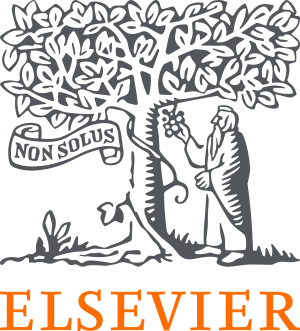To curb climate change, European policymakers need access to the best and most up-to-date scientific information and data. How can the research community ensure that happens?
Get your free copy

Supported by Elsevier

In 2019, the European Union set itself the ambitious goal of achieving net-zero carbon emissions by 2050 to help curb climate change. This goal is to be pursued on a continent with a highly developed and energy-intensive economy, but also with huge national and regional variation in wealth and the sources of wealth—from the digital start-ups of Berlin to the coalfields of Upper Silesia.
The challenge is even greater than it appears at first glance: the European Commission says that to achieve net-zero by 2050, there are only five years left to put the key building blocks in place, such as infrastructure, technology, and investment. That doesn’t leave room for mistakes—especially given that the measures will need the support of national politicians who have to answer to the public, including those whose livelihoods depend on carbon-based industries.
To make the right decisions, European policymakers need access to the best and most up-to-date information, much of which will have to come from myriad fields of the scientific community. That raises some important questions: What obstacles are there between the world of science and the world of policy, how can they be removed, and how can scientists give better advice to policymakers? To discuss the answers, Science|Business, with the support of scientific publisher and analytics company Elsevier, convened a virtual roundtable of participants from the worlds of climate and energy research, politics and industry. This paper provides a summary of the discussion.
The full list of participants in the workshop Towards net-zero: How can science guide effective action? held on 29 June 2021 is available here: https://sciencebusiness.net/events/towards-net-zero-how-can-science-guide-effective-action.

 A unique international forum for public research organisations and companies to connect their external engagement with strategic interests around their R&D system.
A unique international forum for public research organisations and companies to connect their external engagement with strategic interests around their R&D system.